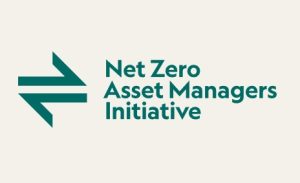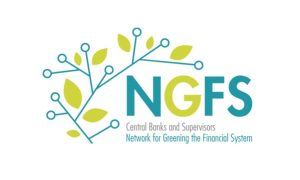Sustainability Claim Guidelines
The European Securities and Markets Authority (ESMA) releases sustainability claim guidelines aimed at guiding market participants in issuing sustainability claims.
The European Securities and Markets Authority believes that from the perspective of protecting investors, sustainability claims need to meet the principles of fairness, clarity, and non-misleading, otherwise there will be greenwashing risks.
Related Post: ESMA Releases Report on Financial Impact of Greenwashing Controversies
Background of Sustainability Claim Guidelines
Sustainability claims are proposed by market participants on the Sustainable Investment Value Chain, including issuers, fund managers, benchmark managers, and investment service providers. Due to the complexity of sustainable investment information, sustainability claims may be misunderstood or misled by investors. Common misleading sustainability claims include exaggerating facts, selective claims, missing information, inconsistencies, and misleading images or sounds.
The Sustainability Claim Guidelines aim to remind market participants to avoid issues with sustainability claims in specific documents such as stock prospectuses, bond prospectuses, fund reports, etc. European financial regulatory agencies have released reports on greenwashing, regulating market participants’ claims without creating new disclosure requirements.
Introduction to Sustainability Claim Guidelines
The European Securities and Markets Authority believes that sustainability claims must first comply with the following principles:
- Accurate: Sustainability claims should fairly and accurately reflect the sustainability situation, including all positive and negative information, avoiding omissions and exaggeration. Market participants should ensure consistency between ESG terminology and sustainability information.
- Accessible: Sustainability claims should be easy to access, convenient for readers to browse, and provide appropriate explanations for readers to understand. The claim should not be too simple, and if space is limited, multi-level materials can be provided.
- Substantial: Sustainability claims should provide clear and credible reasoning processes that are based on fair and appropriate methods, assumptions, and clearly state the limitations of information, data, and indicators.
- Up to date: Sustainability claims should reflect the latest information, and market participants need to disclose them in a timely manner after substantial changes occur.
ESG information is the most used promotional contents for investors, such as ESG labels, ESG ratings, and ESG certificates, which are more likely to be misleading. Therefore, market participants need to disclose:
- Industry initiatives: The practical significance of market participants in net zero initiatives and voluntary ESG initiatives. The ESG claim needs to clarify the meaning of the initiative and whether joining the initiative requires achieving certain sustainable goals. For external ratings provided by industry initiatives, participants need to provide necessary information to help investors understand the meaning of the rating.
- Labels and awards: The practical significance of specific ESG labels or sustainability awards. ESG claims need to provide basic standards for labeling and whether the standards need to achieve sustainable key performance indicators. For ESG awards, it is necessary to provide an evaluation process, eligibility criteria, potential conflicts of interest, and the time of receiving ESG awards.
- Comparisons to peers: The comparison of ESG information with competitors. ESG claims need to include clear principles for selecting similar products and reasons for comparison, ensuring that these choices are fair and meaningful. Participants also need to provide similar product names, comparison dates, etc.
Reference:
ESMA Promotes Clarity in Sustainability-related Communications





